The subject of infertility has become heavy on this blog. I’d gone through it, and so did so many other women around the world. Janel Parrish, the subject matter on the previous entry, is just one of them. I recently watched Michelle Buteau’s ‘A Buteau-ful Mind at Radio City Music Hall’ Netflix comedy special. She made history with this one as the first ever woman to headline a stand-up comedy special at Radio City Hall. The biggest topic on her stand-up was her mothering her children, twins Otis and Hazel, born in 2019.
I’ve been a huge fan of Buteau’s work since I got to see her hosting duties in Netflix’s ‘The Circle’. I then couldn’t get enough of her when she starred in ‘Survival Of The Thickest’, as well as 2024’s ‘Babes’. When I found out that she had her twins via surrogacy, I felt connected to her somehow. Following her twins’ birth, Buteau wrote a piece for Elle in 2020 on her road to becoming a mother. In part, she wrote,
‘One year, my mother got me health insurance for Christmas. Then two months later I found out I had a benign brain tumor. I told her not to ever get me another present again. I first knew something was wrong when I wasn’t getting my period, and I knew I wasn’t pregnant. It’s amazing how much we don’t know about our bodies until something goes wrong and we have to fix it. When you have a mass on your pituitary gland like I do, it makes your body think it’s pregnant. Fun, right? All the negatives but with no registry at Babies R Us. And apparently, you’ll know it’s getting worse if your peripheral vision gets blurry and you start lactating. Milk. Out. Of. Yo. Breasts. Periods. Shown. For. Effect. Congratulations, Michelle! It is a tumor!!! (In Arnold Schwarzenegger’s voice.) Husband and I tried and tried, but no baby. I went to an infertility doctor almost as a joke. Being Jamaican and Haitian, I knew girls personally who got pregnant while salsa dancing to Marc Anthony or twerking to Beenie Man. The doctor explained that in vitro fertilization, IVF, would be my only option. I learned how misogynistic health care is when we had to pay $20,000 out of pocket, even though I have to do it because of a preexisting condition. By the way, that preexisting condition is called “being a woman.” I’m a tough and strong Caribbean woman and thought it would be easy to have a baby. All of a sudden, I’m a science project.’
A science project – that’s exactly what infertility and IVF feels like, except you, the woman going through treatments, are the subject matter in the process rather than the treatment itself. Most people, when they initially think of the process of conception and bringing a child into the world, they simply might of S-E-X. Sex is definitely a big part of it, but in a lot of ways, it can involve a lot more than that. Some facts about and statistics on infertility, particularly in the US include:
- Prevalence – Around 1 in 6 adults globally experience infertility. In the US, 13.4% of women ages 15–49 have impaired fecundity.
- Age – Fertility declines with age for both men and women, but the effects are more pronounced in women. Women in their 30s are about half as fertile as they were in their early 20s.
- Causes – Infertility can be caused by a number of factors, including age, environmental toxins, sexually transmitted infections, and hormonal imbalances.
- Types – Infertility can be primary, when a pregnancy has never occurred, or secondary, when a pregnancy has occurred in the past.
I’d like to continue the conversation from my previous blog entry on women’s health. Infertility is a big part of women’s health. In fact, it’s likely the only aspect of women’s health that’s actually taken seriously by medical professionals. So when we talk about infertility, we automatically assume that it’s only relevant to women and women’s bodies. When Janel Parrish, the main subject matter for our previous blog entry, appeared on Sasha Pieterse’s ‘Women In Nude’ podcast, Pieterse shed light on male infertility.
Yes, male infertility. It exists. It’s when a man is unable to impregnate a fertile woman, and it can have many causes. It’s often due to issues with sperm production or delivery. These causes include:
- Sperm production: Low sperm count, abnormal sperm shape, or poor sperm motility
- Sperm delivery: Blockages in the genital tract, such as the vas deferens, or absent sperm
- Testicular damage: Infections, testicular cancer, surgery, or injury
- Hormonal imbalances: Endocrine disorders or using anabolic steroids
- Lifestyle factors: Smoking, excessive alcohol consumption, exposure to toxic chemicals, or radiation
- Genetic conditions: Cystic fibrosis or other genetic problems.
- Other conditions: Undescended testicles, mumps, or other childhood infections.
- Generational factors: Male infertility can be passed down from generation to generation.
Pieterse mentioned to her former ‘Pretty Little Liars’ co-star that men mostly felt shame in regard to being the reason for infertility, and therefore, don’t get themselves checked when push comes to shove. Parrish, in turn, was utterly surprised. In reality, though, there’s absolutely no reason to be surprised. Male infertility is a silent conversation. A common phrase surrounding men is, ‘Men don’t see a doctor unless something is bleeding or broken.’
This has everything to do with masculinity. Men just don’t feel masculine when they find out there’s anything wrong with them, or when they find out that they’re the cause of something going wrong. It’s not just the case when it comes to infertility, but with everything else surrounding men and masculinity. Men want to feel strong, and when they find out that there’s something ‘wrong with them’, it makes them feel weak and less than. And I get it. I witnessed it myself with my husband. It took my husband a very long time to agree to get himself checked out when I was going through infertility. He refused to believe that there was anything wrong with him. In a 2022 study, statistics showed that most men (59%) viewed their infertility positively, a large majority were not very likely (73%) to talk about it. My husband isn’t one to talk about it, so we’ll leave it at that.
This leads me to discuss Dave Chapelle. It’s fairly safe to say that his two Netflix specials, 2021’s ‘The Closer’ and 2023’s ‘The Dreamer’ are, in a nutshell, transphobic. I personally can’t believe he was asked back to perform and be part of the Netflix family after his first comedy special. I thought the company would’ve done better. They completely shut down Shia Labouf from ever working for their streaming channel after his ex-girlfriend FKA ‘Twigs filed a lawsuit against him, which also included allegations that LaBeouf abused his ex-girlfriend, Karolyn Pho. Chapelle spent a significant amount of time in each routine railing against trans people for existing and comparing the plights of Black people and LGBTQ people — as though Black LGBTQ people didn’t exist. He defended himself by saying that the trans people he knew had been nothing but loving and supportive about his anti-trans jokes. As a result, Netflix employees staged a walkout after ‘The Closer’ was released and publicly excoriated Chappelle and Netflix executives for green-lighting the special without including a disclaimer at the beginning.
Ted Sarandos, Netflix CEO, stood behind Chapelle and supported him. In a statement, he said, ‘While some employees disagree, we have a strong belief that content on screen doesn’t directly translate to real-world harm.’ According to the Human Rights Campaign, at least 30 trans and gender-nonconforming people were killed in the United States in 2024 alone. That’s 30 too many. And you can be sure that Buteau had something to say about this. After telling a raunchy joke about her lesbian friend, whom she calls the oracle, she paused to reflect on what she’d just done. She continued, ‘For the most part, we laughed. What I’m saying is it can be done. It can be done. We can tell jokes and stories and not disparage a whole community. We can do that; we can make it funny. You just have to work at it, right? So, if you guys ever run into Dave Chappelle, can you let him know that sh*t? I can’t believe somebody would make millions and millions of dollars for making people feel unsafe.’
Buteau later told USA Today, ‘You’re hurting people and you’re making it dangerous. And it’s not just Chappelle — it’s part of the culture that I don’t understand. When people say, ‘We can’t do what we used to do.’ Yeah! Slavery used to be legal, you guys. Sometimes we’ve got to move forward, and I’m sorry if it’s different, but wrap your little mind around it.’ And yet, the world around Chappelle is acting like there was absolutely nothing wrong with anything he did. In 2022, John Mulaney had Chappelle open for him during a show in Ohio, and as to be expected, Chappelle told both homophobic and transphobic jokes. After Chappelle’s set, Mulaney came onstage and embraced him. Kevin Hart, who lost his gig to host the 2019 Academy Awards after his homophobic tweets resurfaced, told The Independent that ‘you have the option of just not watching someone you don’t find funny or entertaining.’
That’s not even the point by any means. It’s not that people have the option not to watch someone you don’t find funny or entertaining. It’s that other people who do find Chappelle funny and entertaining will find his jokes to be okay to use in their everyday lives, and therefore, will bring our society, and the changes that came in how we treat others, back in time. This greatly reminded me of Hattie McDaniel. She was the first Black person to win an Oscar in 1940 for her role in ‘Gone With The Wind’ for her role as Mammy, the maid. Back then, McDaniel wasn’t allowed to attend the movie’s premiere, and was instructed to sit separately of her White co-stars at the Oscars. The history behind this was as follows:
- Premiere – Atlanta, Georgia demanded that Black actors not be present at the premiere of Gone with the Wind on December 15, 1939.
- Academy Awards – The 1940 Academy Awards were held at the segregated Ambassador Hotel. Producer David O. Selznick had to petition for McDaniel to be allowed into the hotel’s Cocoanut Grove nightclub.
- Seating – McDaniel was seated in the back of the room with her agent and escort, while her co-stars Vivien Leigh and Clark Gable sat together.
It was only 50 years later that the world saw another Black person win an Oscar. We’ve come a long way since then. We see more and more diversity taking place in the entertainment industry, and instead of diversity being a means of being a joke, it’s become a means of education. Not only do we see more Black people being represented in the media, but also people of other descents, trans people, as well as disabled people. Geri Jewell was the first ever disabled actress to be featured on promoting television, and even so, her role was very limited. She played Geri Tyler, Blair’s disabled cousin on ‘The Facts Of Life’ in the 1980’s. Jewell has cerebral palsy and has become a great advocate for people with the same disability.
Jewell only appeared in 12 episodes throughout a period of 4 years before she was eventually fired from the series. Nevertheless, she broke barriers. Her role was groundbreaking, and Jewell herself didn’t realize just how much of an impact she made by appearing on the show until years later. In a previous interview of her time on ‘The Facts Of Life’, Jewell said, ‘My favorite of all the episodes, and the line I said in that episode was ‘Questions don’t hurt. Ignorance does.’ My favorite of all the episodes, and the line I said in that episode was ‘Questions don’t hurt. Ignorance does.’ That was a profound line that I can’t take credit for. Joel Kimmel and Ann Gibbs wrote that line, and to this day, people remember that one line. It was a brilliant line.’
Let’s say this again: Questions don’t hurt. Ignorance does. That’s exactly how I could describe Dave Chappelle and his stand-up routines. He, as well as people like him, is part of the problem as to how minorities are still treated to this day. Just like Black people, disabled people were historically segregated. People with developmental and other disabilities have been segregated in large residential facilities, or institutions, in “special” schools, in the workplace in sheltered workshops and enclaves, even within their residences. Actor Michael Cain’s brother, who suffered from epilepsy, was placed in a mental institution due to his illness.
People with disabilities have demanded and created changes. Like other civil rights movements, the disability rights movement has a long history. Michael Winter, Former Director of the Center for Independent Living, Hawaii and Berkeley, California once said, ‘Some people may have thought it was undignified for people in wheelchairs to crawl in that manner, but I felt that it was necessary to show the country what kinds of things people with disabilities have to face on a day-to-day basis. We had to be willing to fight for what we believed in.’
Jewell was hired to play ‘Cousin Geri’ on ‘The Facts Of Life’ after impressing Norman Lear during her stand-up performance at The Comedy Store. Talk about being at the right place at the right time. Her role was to ‘humanize’ Blair. Of this idea, Jewell said, ‘Norman suggested that I be Blair’s cousin, which is brilliant, because Blair was so stuck up and snooty … and my character gave her heart. And I think that was the intention. To put someone like me right up to Blair, you’ve got to humanize Blair somehow, and this will do it. And it worked!’.
The first episode in which Jewell appeared had her a stand-up comedy routine, which was actually taken from the stand-up routine where Lear first noticed her. She said, ‘Those jokes were mine from the Comedy Store. They just incorporated it into the scripts. .. And basically I was just playing me. It wasn’t a huge role to take on. I was just being Geri.’ But bringing a disabled person to the table meant came with its own set of hiccups. The writers weren’t especially familair with working with disabled actors, and there was one particular scene that made Jewell self-conscious. The scene in question is a little dance number that Lisa and Geri did to ‘Tea for Two’, and Jewell explained why seeing it in the script sent a panic through her, as she said she read it and with dread thought, ‘No! Not a dance number!’ She added, ‘I was so nervous about it that I couldn’t do it, because what people don’t understand about cerebral palsy is that in order for me to function, my brain operates on several different tracks. It’s not just one track. When I’m speaking, that’s one track, but what’s going on in another track is, ‘Don’t move that hand that way. Don’t walk this way. Don’t move this way’ I knocked on Lisa’s dressing room door and I felt very insecure, and I said, ‘Lisa,’ I said, ‘Can you please please help me with this dance number? And go over the lines and the dance movements.’ And she did. She spent hours with me until I was comfortable with it. That’s how big of a heart she has.’
We can’t forget Donald Trump’s mockery of Serge Kovaleski , a disabled journalist for The New York Times. Back in 2016, this action was voted as the worst thing he ever did. Of course, a lot has happened since then. And yet, he was still re-elected to be the President Of The United States for the next 4 years. Whether we like it or not, Donald Trump is an influential figure. So what does it say when someone of his influence and his power make a mockery out of something that the person he mocked can’t control? Words matter, especially when uttered by people of power and influence. Serge Kovaleski has done incredible things in his life and career despite his disability. His prodigious accomplishments include a Pulitzer Prize for covering the Eliot Spitzer prostitution scandal and a Polk Award for his exceptional military reporting. But instead of gaining recognition for the wonderful work he’s done, Trump’s comments shined the media spotlight on Kovaleski’s disability. In an instant, ‘Trump Mocks a Disabled Reporter’ became the headline for Kovaleski’s story rather than his journalistic excellence and personal attributes that should define him as a person.
Geri Jewell’s story of how she faced her fears on having to do a dance routine for work proved something that might seem wild to the average person, and that is that disabled are, in fact, capable of completing any task necessary for them in order to do their job. They just have to find different ways to do the job, and they have to work 10 times harder to do the job. But no matter what, they CAN do it. In my own life, my father-in-law’s endless arguments as to why my husband shouldn’t have ended up with a disabled girl like me, which includes not being to get an education, not being able to work, not being able to take care of a household, not being able to bear children, not being able to take care of children, as well as not being able to do such physical activities as travelling, hiking, etc., the one thing he did get right was employment.
In all my years of job seeking, I never did actually obtain a full time position unless it was a volunteer or a part-time position. I was deemed unfit to be an employee. As soon as a recruiter saw that there was something ‘physically wrong’ with me, the interview would be over and done with. One interview I had lasted 7 minutes, which is TERRIBLE in the world of HR. And in another interview, the recruiter in question bluntly asked if I had cerebral palsy, which is illegal in the world of HR. She didn’t hire me for the writing position, but she did give me a sponsored project to work on for her department. It was just assumed that because of my disability, I wouldn’t be able to do everything they needed their hired employee, if anything at all. They felt that it would cost the company too much money to hire me. They based their assumptions solely on my disability without even getting to know what I was actually capable of doing. I was fortunate enough to create my own work opportunities in my career as a writer, and I’ve been fortunate enough to work with people who DO believe in my capabilities despite me having cerebral palsy, and now, epilepsy. In fact, in my business, people want to work with BECAUSE of my story, and people like you, who are reading this, read this blog because of my story.
This doesn’t change the fact that the world of employment is unaccommodating and unaccepting of people with disabilities. Not all companies are that way, however. A friend of mine who has a heart condition worked for a well-known news network as an anchor. I won’t say the name, but if you live in Toronto, you definitely know it. She was having a hard time standing for long periods of time, so she asked her manager to provide her with a stool. Instead of being given this one small accommodation, she was told she would’ve never been hired if it was known she had a heart condition. And yet, another friend was telling me how she had a co-worker at a different company who had epilepsy. His seizures were so severe that the company had 9-1-1 ready on speed dial. He had his hardships, but he did his job well, and the company was prepared to oversee his chronic limitations.
With that said, as much as I want to say that there’s equal treatment of the minority that is the disabled, there isn’t. Society certainly doesn’t let me forget that I’m a cripple, and there had been times in my own personal life where I was made to feel like I didn’t deserve everything that I’d accomplished. My husband and I love comedy. Before our son was born, we’d endlessly to go to comedy clubs on day nights and with friends. One stand-up comedian in particular made a joke at the expense of disabled people. She didn’t make fun of me personally because I was in the audience and she saw I was disabled, but of all disabled people alike. The joke went something like….she knew someone who was disabled and in a wheelchair who was in a loving relationship, and the comedian asked herself why she was single when *even* (key word, even) her disabled friend could find love. It was fine in a very demeaning way; belittling her disabled friend as if she was somehow better than the disabled. My husband and I just looked at each other uncomfortably, and I just wanted to scream: Maybe it’s because your disabled friend isn’t an a**hole like you are.
It wasn’t okay. That joke wasn’t okay. It wasn’t funny. It was undermining people with disabilities; making them feel like they were unworthy of love. But they are. WE are. I never had a doubt in my mind that I deserved love, nor did I ever doubt that I deserved to achieve everything that I’ve achieved in my entire life. I never questioned that I could achieve all that I’ve achieved, and if I did, it wasn’t because of me being disabled. And I wouldn’t ever let someone like that unknown stand-up comedian or even Donald Trump change that about me. But I’m just one person. I’m one person who’s never affected or other people’s perception of disability. If I did, I would’ve believed everything my father-in-law had assumed about me assumed about me to be true. There are countless of others who are, though.
Men like Donald Trump and Dave Chappelle make it seem like it’s okay to mock minority groups. The fact that they mocked minority groups in such a public way and faced no consequences is kind of appalling. Trump was viewed as a villain for his wrongdoing, and yet, even after all that he’d done since then, he was still chosen to be President. But Dave Chappelle… he monetized and was applauded for his anti-trans jokes, and that’s the biggest issue I have with this. And it’s not just me who has an issue with this, obviously. It’s because of someone like Dave Chappelle that we’ve gone back to the old days; to the historic days where people of minority groups were treated differently than those who weren’t of minority groups. Black people were forced to be separated from the White people and weren’t allowed to be seen together; disabled people were sent to mental institutions because they were deemed as unable to care for themselves and to be cared for; gays and lesbians were killed because of who they chose to live; transgender people were killed because they felt they were born in the wrong bodies and decided to live their truths; women weren’t allowed to vote or obtain employment…
With that being said, this is where toxic masculinity comes into play, which is why I put so much emphasis on the subject when discussing male infertility at the beginning of this blog entry. So what is toxic masculinity, you ask? It’s a term used to describe the harmful aspects of exaggerated masculine traits. It’s based on outdated stereotypes of masculinity that can negatively impact men, women, and society. This is exactly describes people like my father-in-law, Donald Trump, and Dave Chappelle. Characteristics of toxic masculinity include:
- Toughness: Men are expected to be strong, aggressive, and emotionally hardened
- Anti-femininity: Men are expected to reject feminine traits, such as emotion, domesticity, and accepting help
- Power: Men are expected to be worthy only if they have money, power, status, and influence
- Fear of weakness: Men are expected to not show weakness
- Inability to express emotions: Men are expected to not be able to discuss their emotions
My father-in-law is just one tiny man who has no effect on me whatsoever. He tried to, believe you me. He’s also not a public figure. He has no real effect on the world’s public perception. Men like Donald Trump and Dave Chappelle, on the other hand, do. Buteau said in her special that she was manifesting making millions while ‘making people feel safe, seen, secure, heard and entertained.’ When she said that, she made an important statement – that comedy can be edgy without being cruel. Men like Donald Trump and Dave Chappelle lead to more harm than they, and those that have stood by them, ever realized. Their toxic masculinity have done harm in the following ways:
- It can lead to violence, including sexual assault and domestic violence
- It can lead to promiscuity
- It can lead to risky behaviors, such as bullying of minority groups
- It can lead to relationship dysfunction
- It can lead to psychological trauma
Warren Davis wrote on his own blog of toxic masculinity, and he gave 7 wonderful ways that it could be combatted and instead foster positive changes. These are:
- Understanding Toxic Masculinity: The first step in combating toxic masculinity is recognising it for what it is. From the pressure to be stoic and unemotional to the glorification of dominance and aggression, toxic masculinity harms both men and those around them. By understanding its origins and manifestations, we can begin to dismantle its influence.
- Embracing Emotional Intelligence: Men are often taught to suppress their emotions, but true strength lies in emotional intelligence. By learning to recognise, express, and manage emotions in healthy ways, men can cultivate deeper connections with themselves and others. Practices like journaling, therapy, or simply talking openly with friends can help break down the barriers that toxic masculinity erects around vulnerability.
- Cultivating Vulnerability: Vulnerability is not a weakness; it’s a sign of courage. Yet, toxic masculinity often discourages men from showing vulnerability, fearing it will undermine their masculinity. By embracing vulnerability and sharing our fears, insecurities, and struggles, we create space for authentic connections and meaningful relationships.
- Nurturing Healthy Relationships: Healthy relationships are built on mutual respect, communication, and equality. Toxic masculinity, on the other hand, can lead to power struggles and harmful dynamics. By challenging traditional gender roles and prioritising empathy and consent, men can foster relationships that are supportive, respectful, and affirming for all involved.
- Rejecting Violence and Aggression: From the playground to the boardroom, toxic masculinity can manifest in harmful behaviors like physical violence and verbal abuse. By rejecting the idea that aggression is synonymous with masculinity and exploring non-violent conflict resolution strategies, men can break free from the cycle of harm and cultivate a culture of peace and respect.
- Championing Diversity and Inclusion: Masculinity is not one-size-fits-all. It’s important to recognize that everyone’s experiences and identities are valid, regardless of gender. By amplifying diverse voices and challenging systems of oppression, men can create more inclusive spaces where everyone feels seen, heard, and valued.
- Leading by Example: Ultimately, change starts with us. By embodying values of integrity, compassion, and authenticity, men can serve as positive role models for others. Whether it’s calling out sexist jokes or standing up against gender-based violence, every action we take sends a powerful message about what it means to be a man.
Let’s do better.
Let’s be better.
Let’s start reinforcing change.
Our Most Popular Posts
Sign up to our newsletter if you want to see more content from The Graceful Boon! By signing up to our newsletter, you'll get an even more in-depth content from yours truly, Stacie Kiselman, who's our Graceful Boon, that you won't want to miss out on.

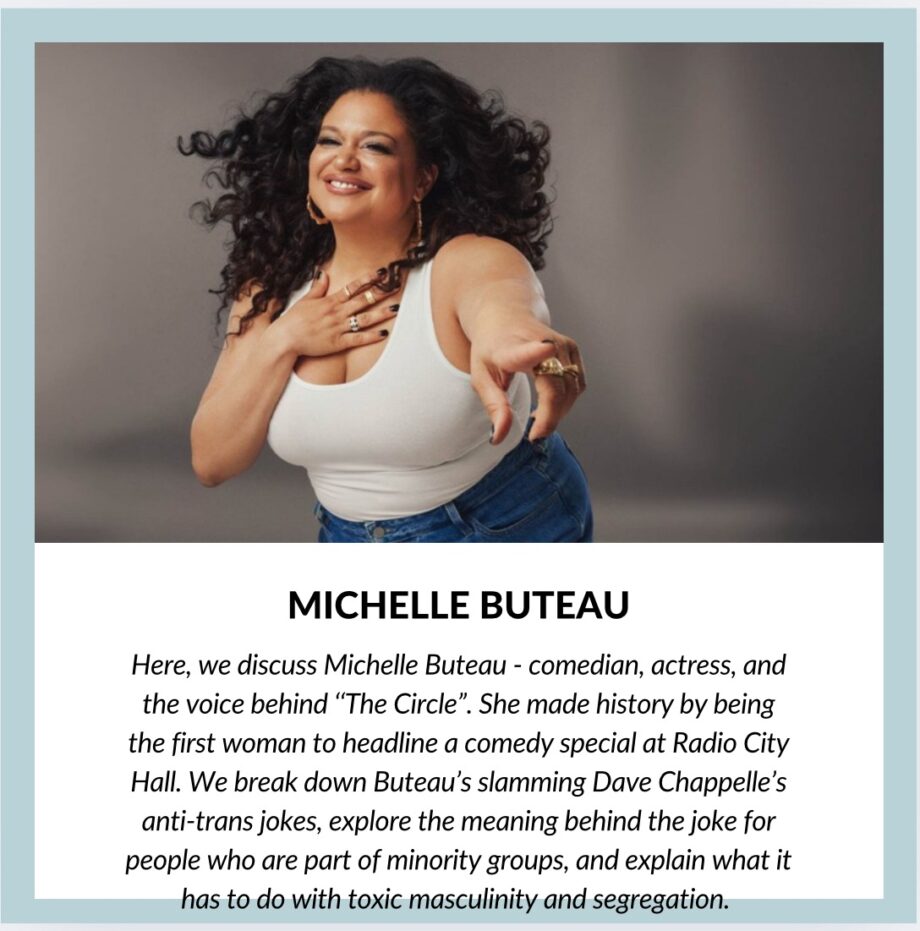

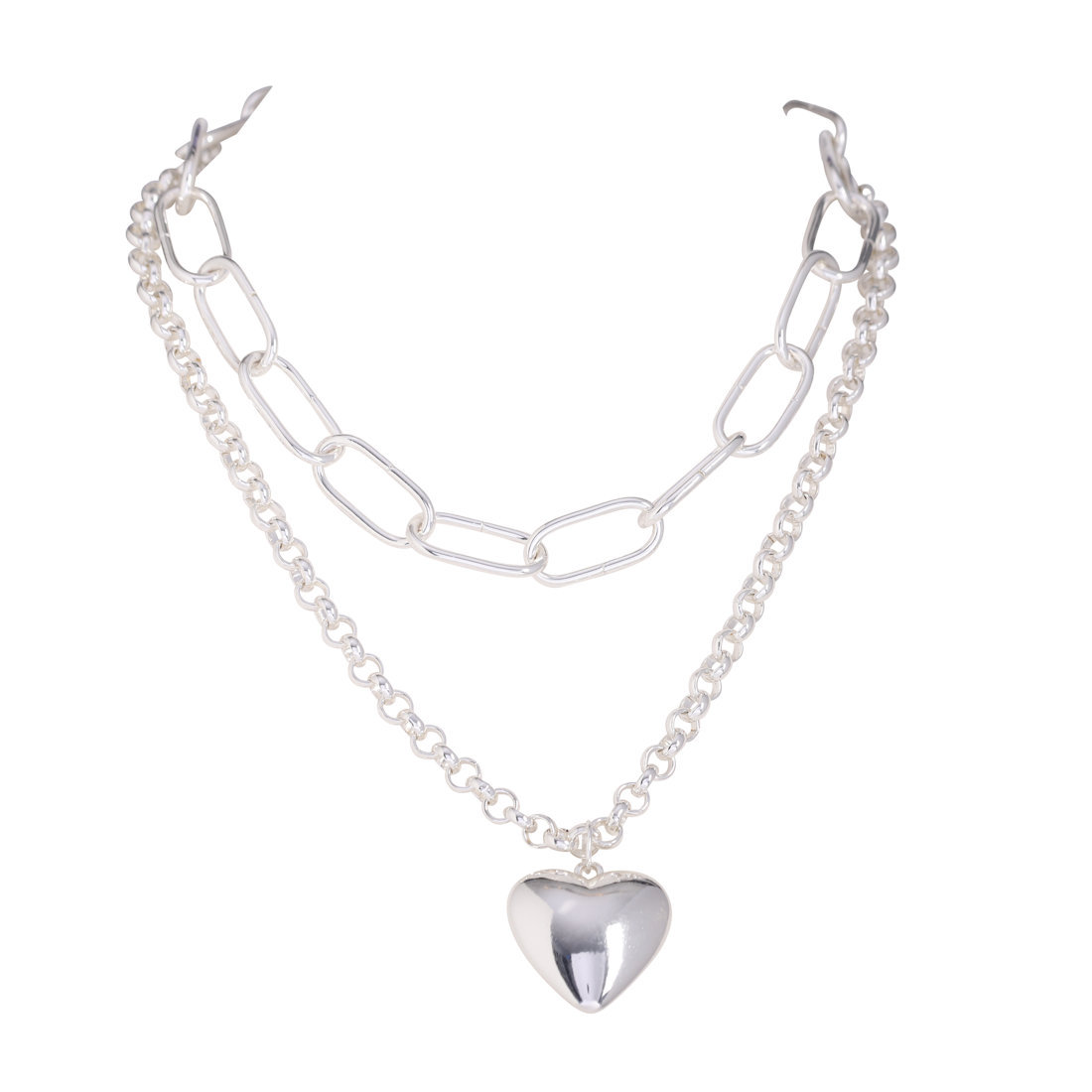
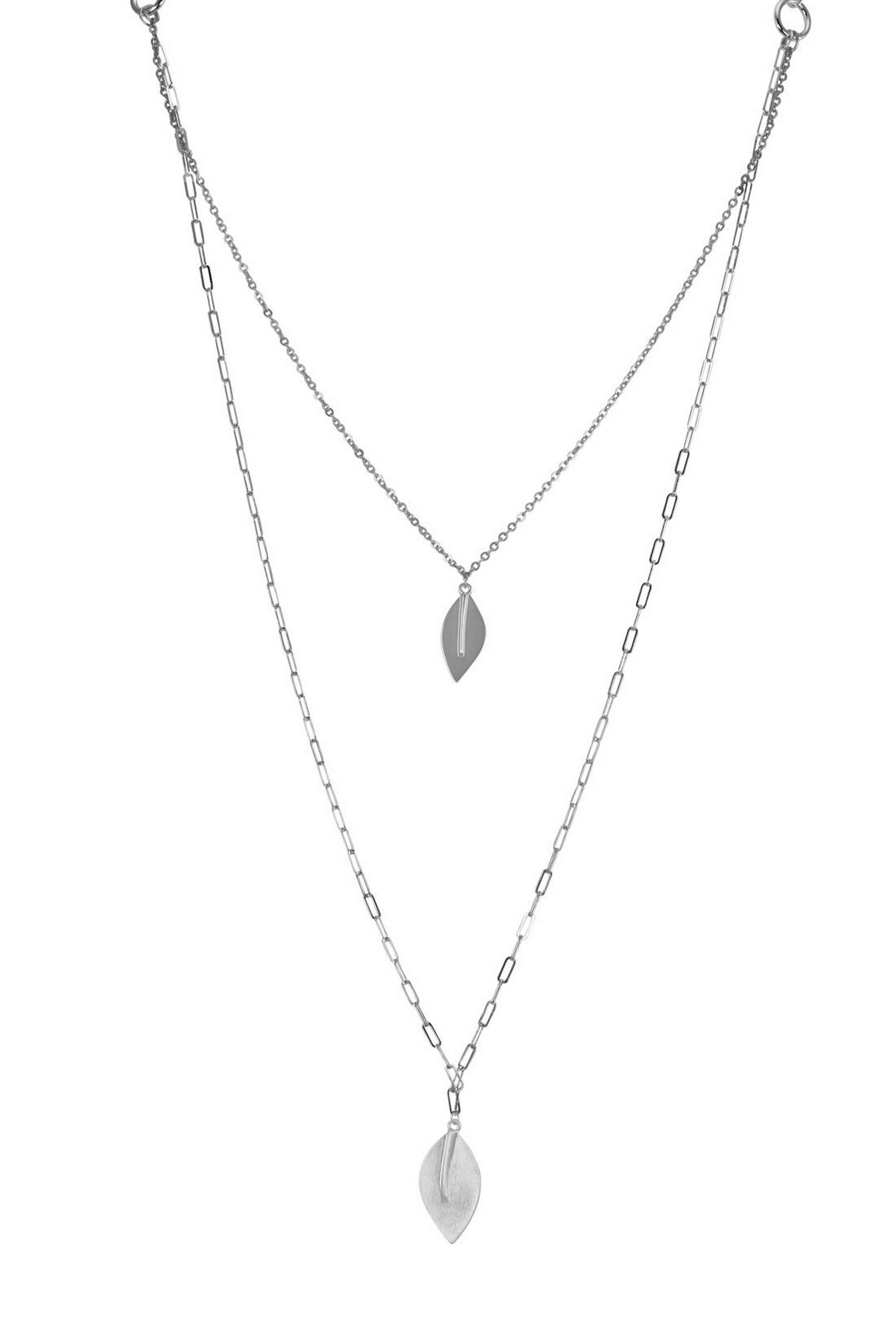
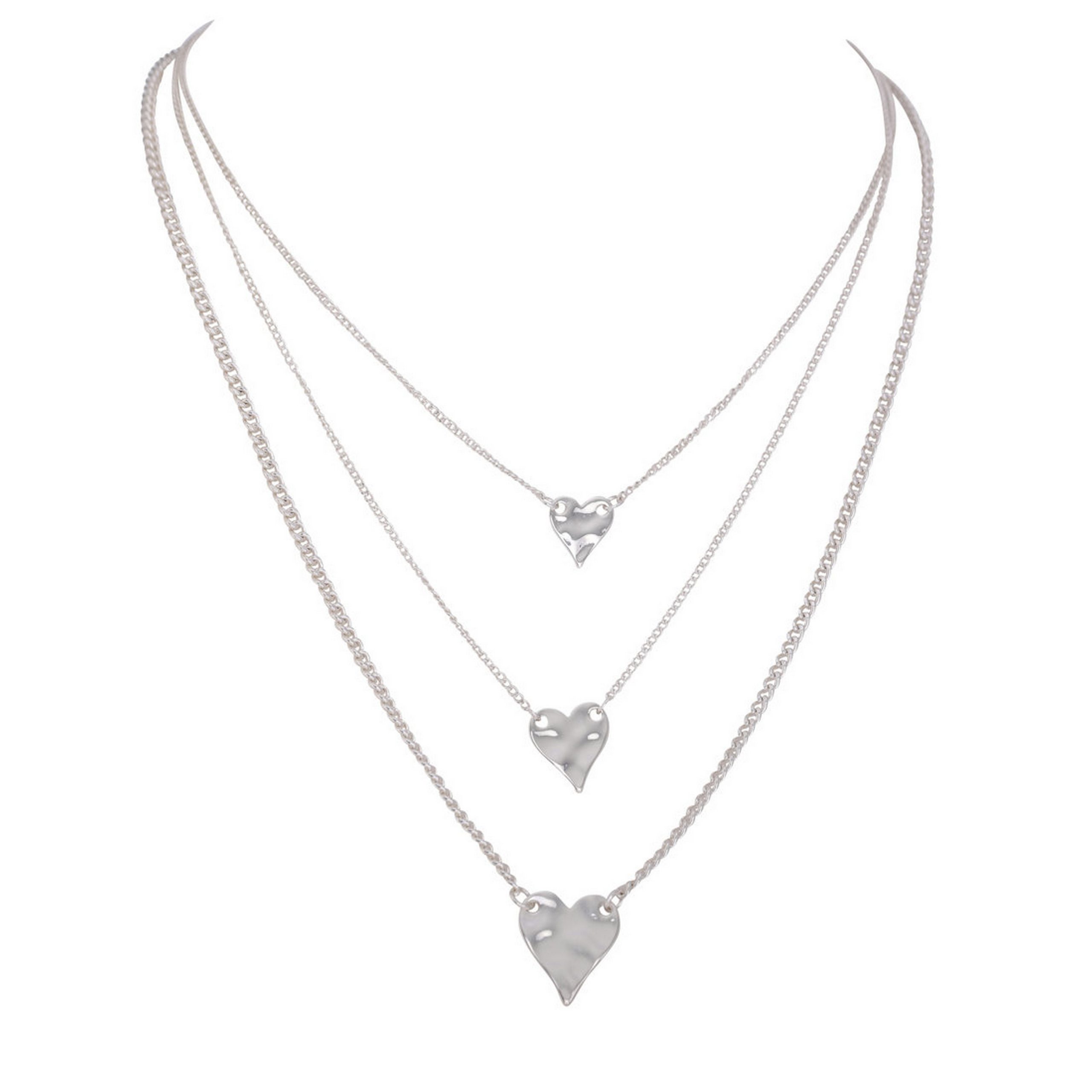
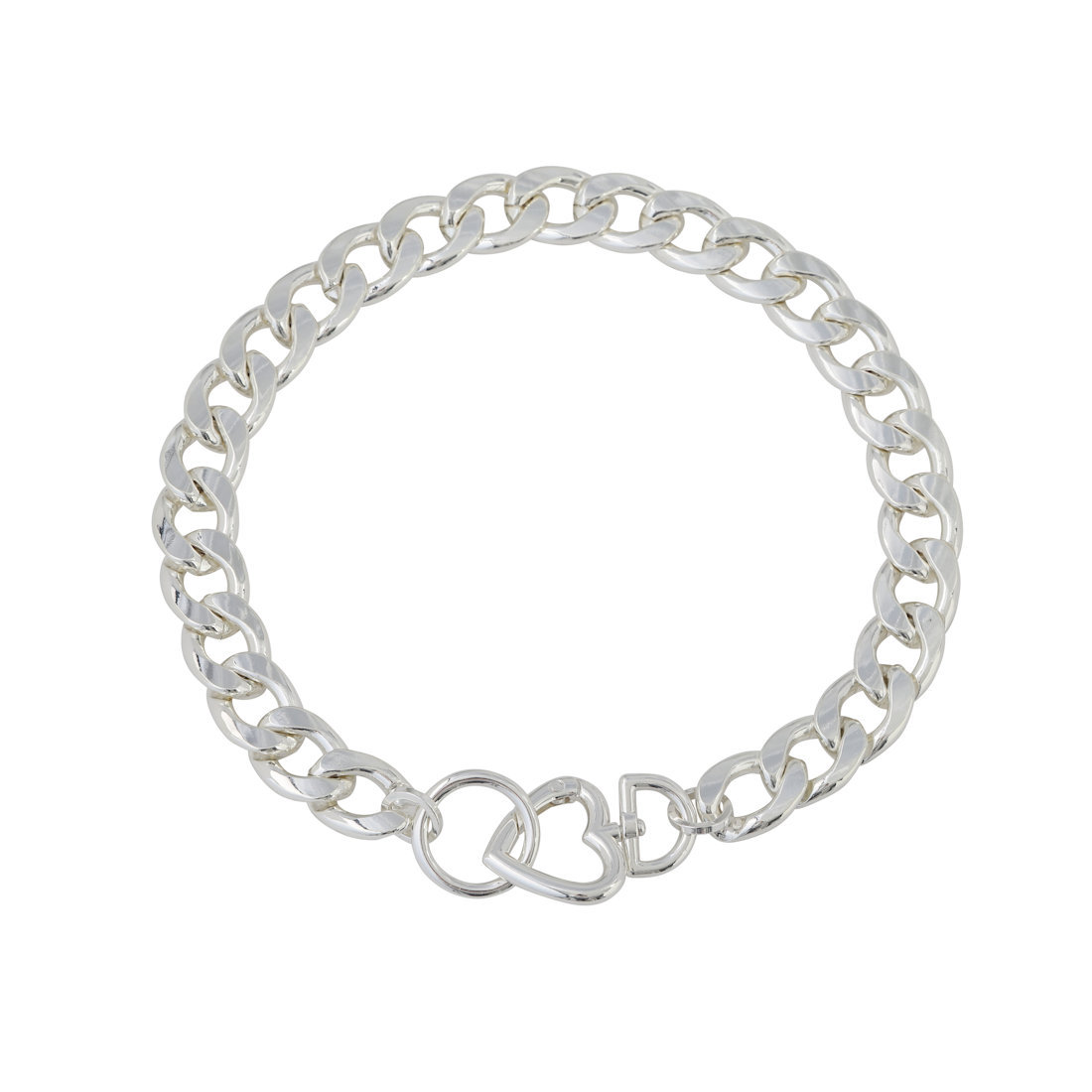

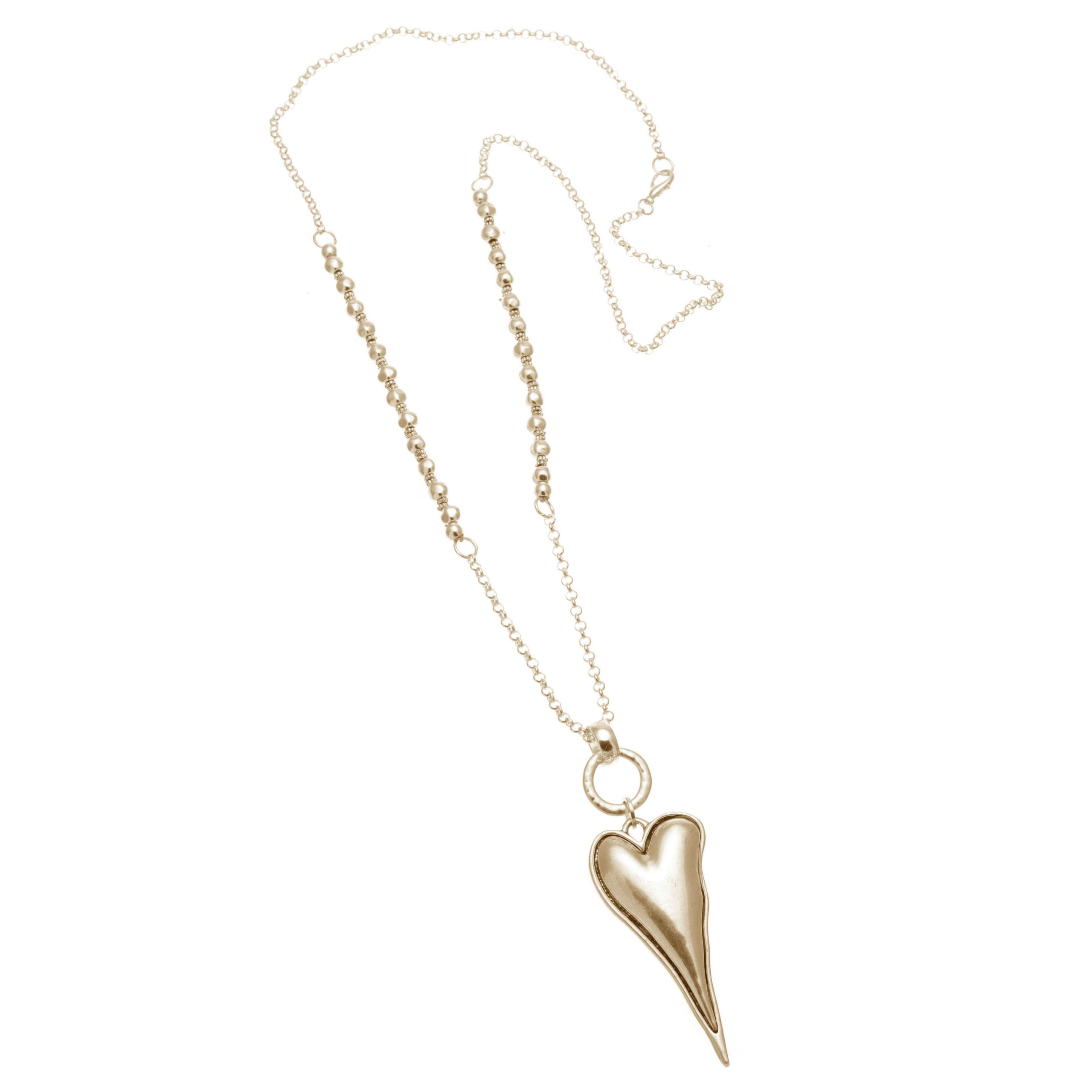
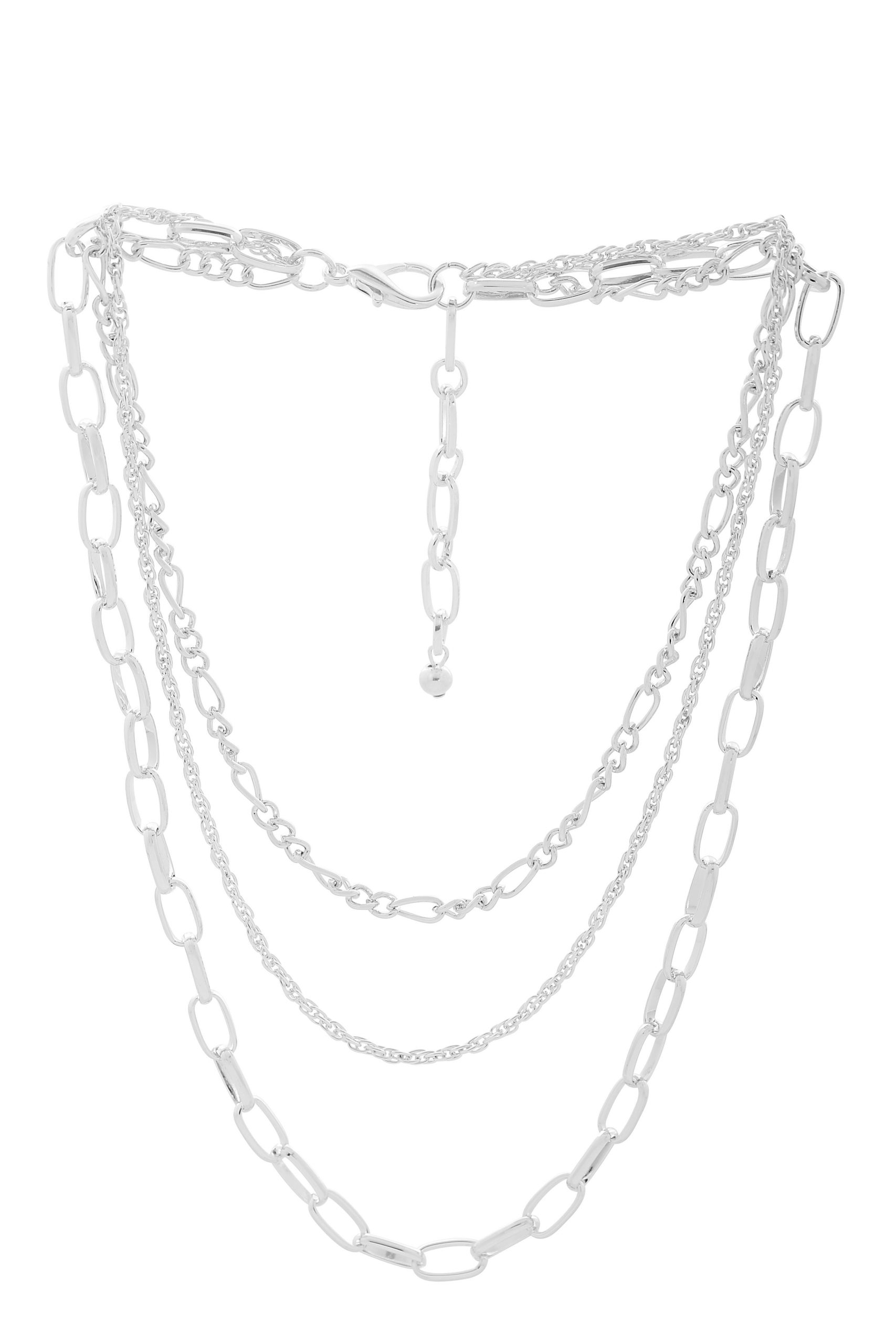
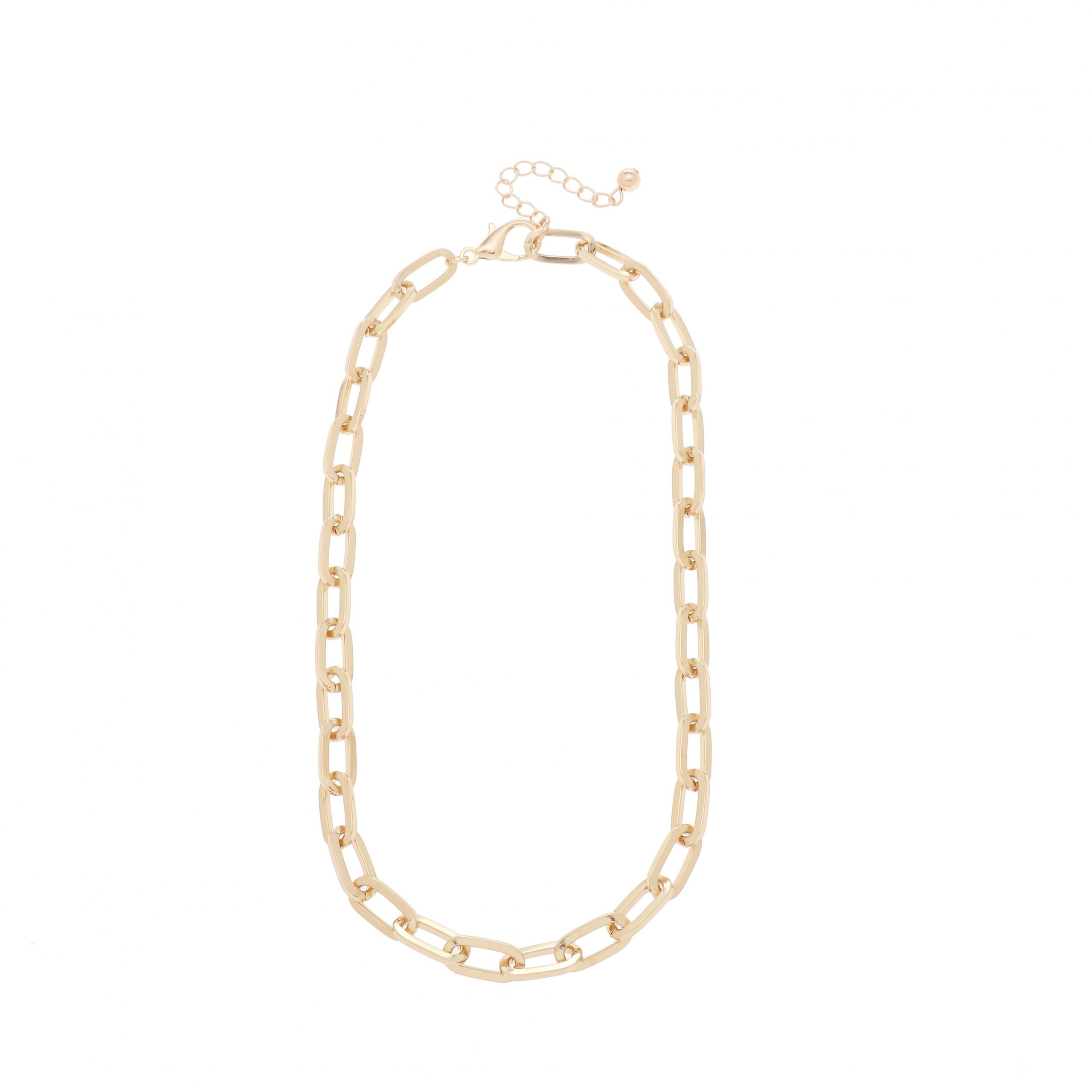
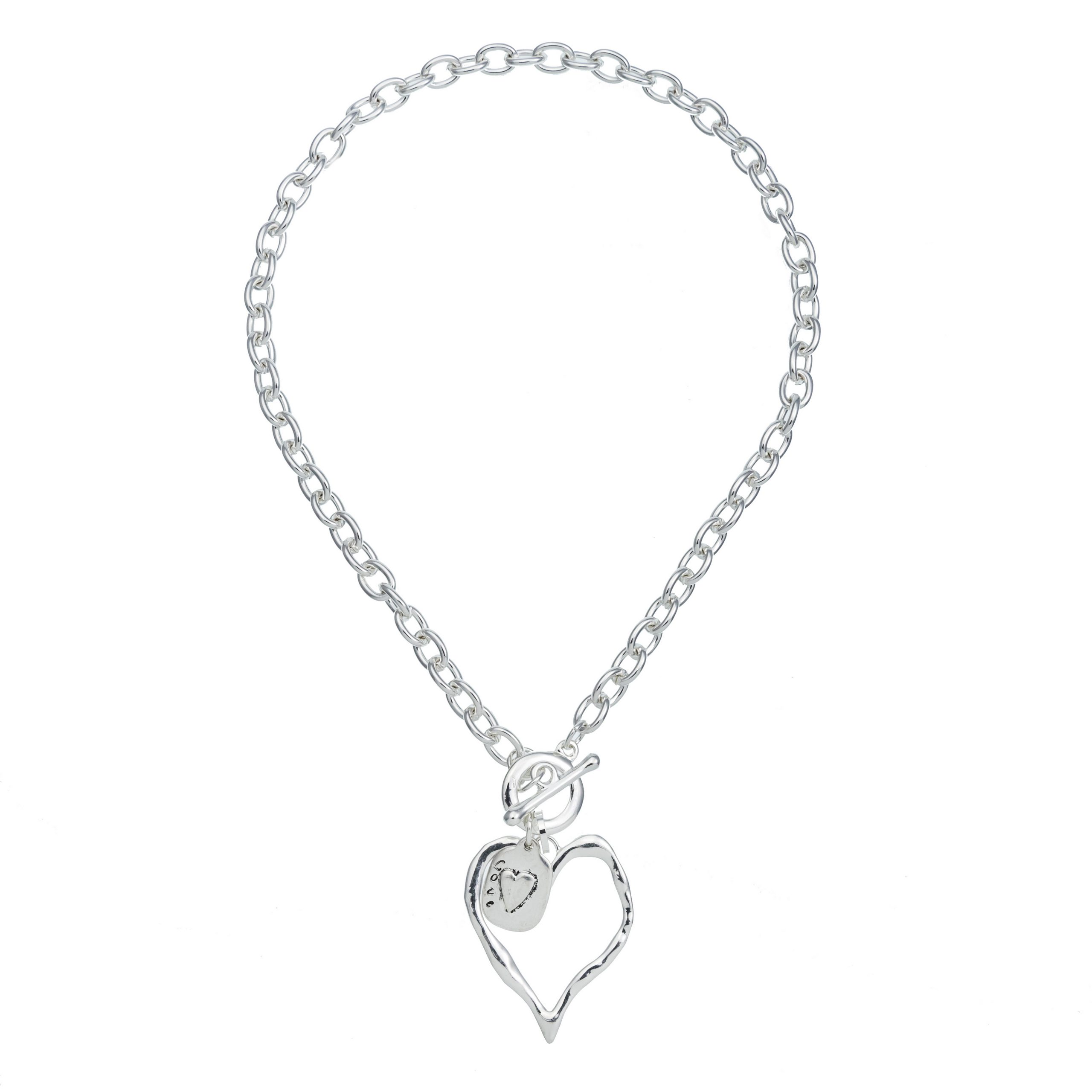
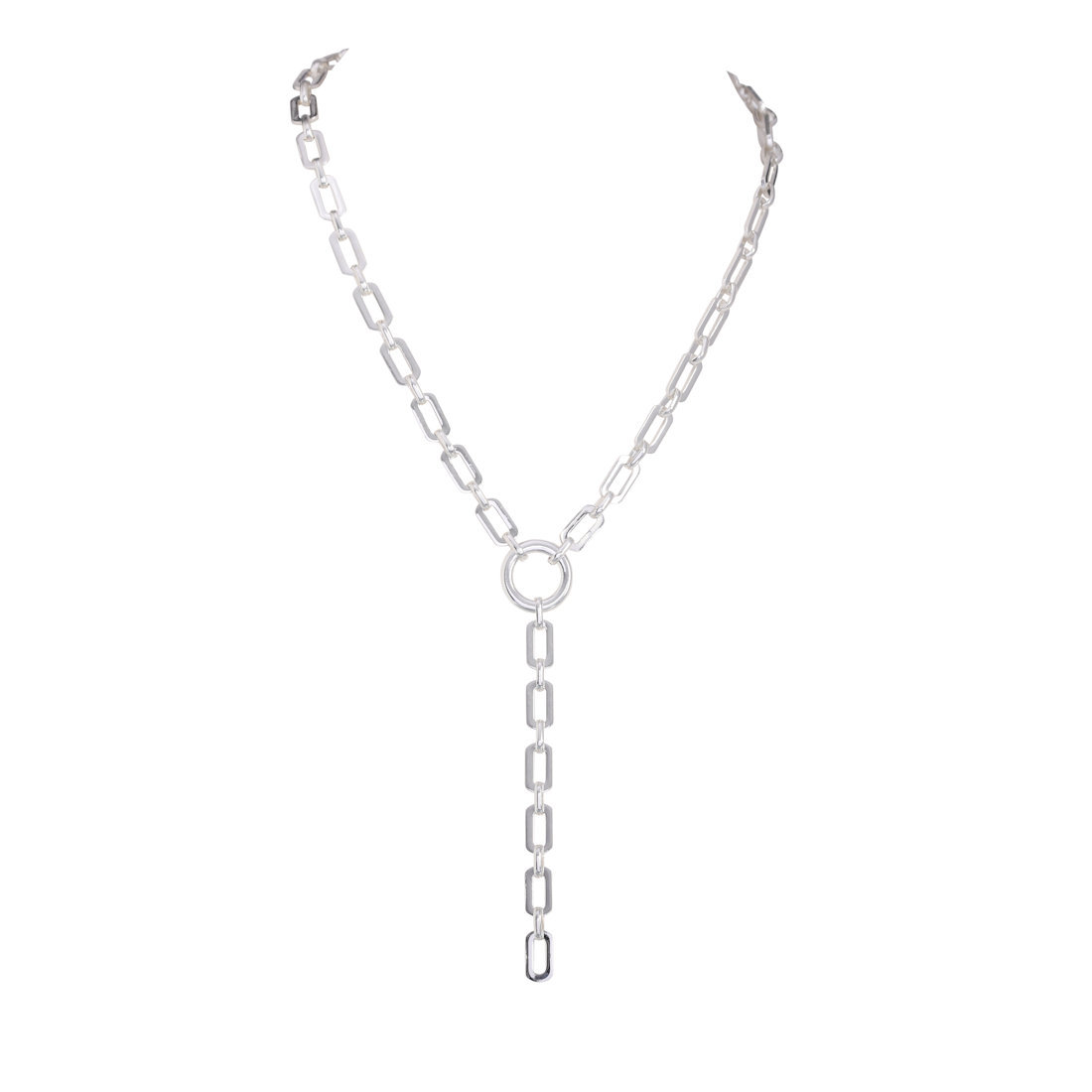
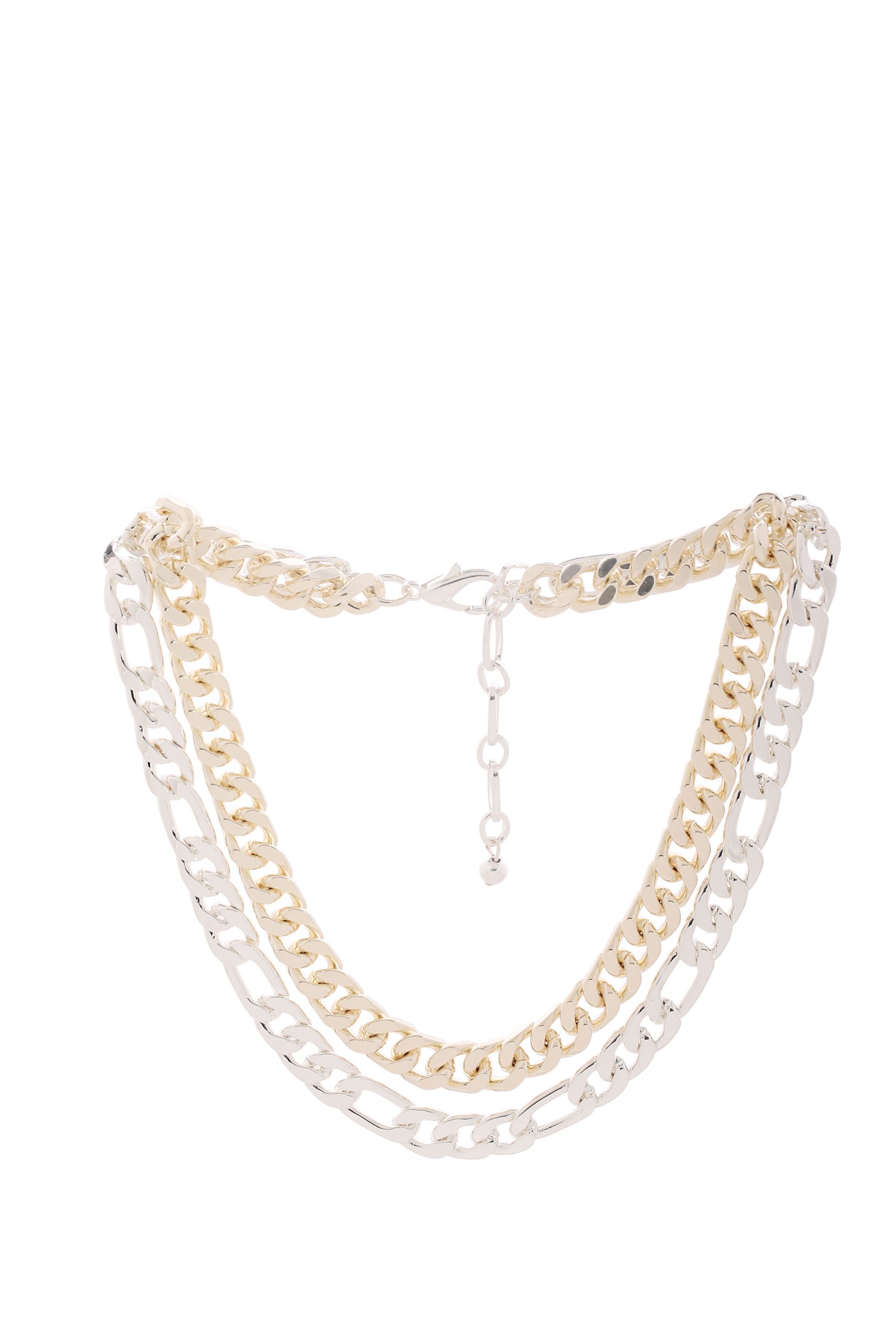
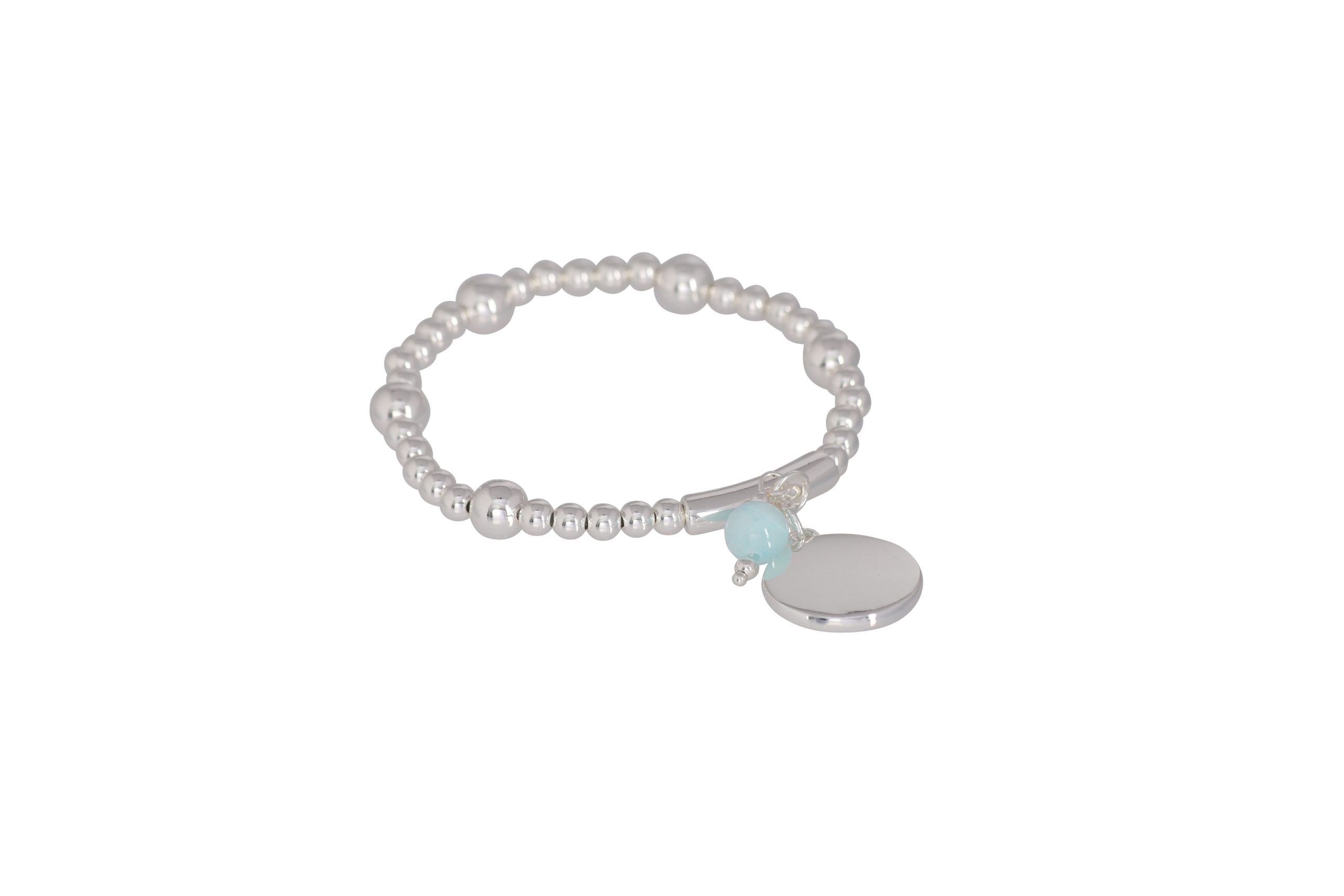
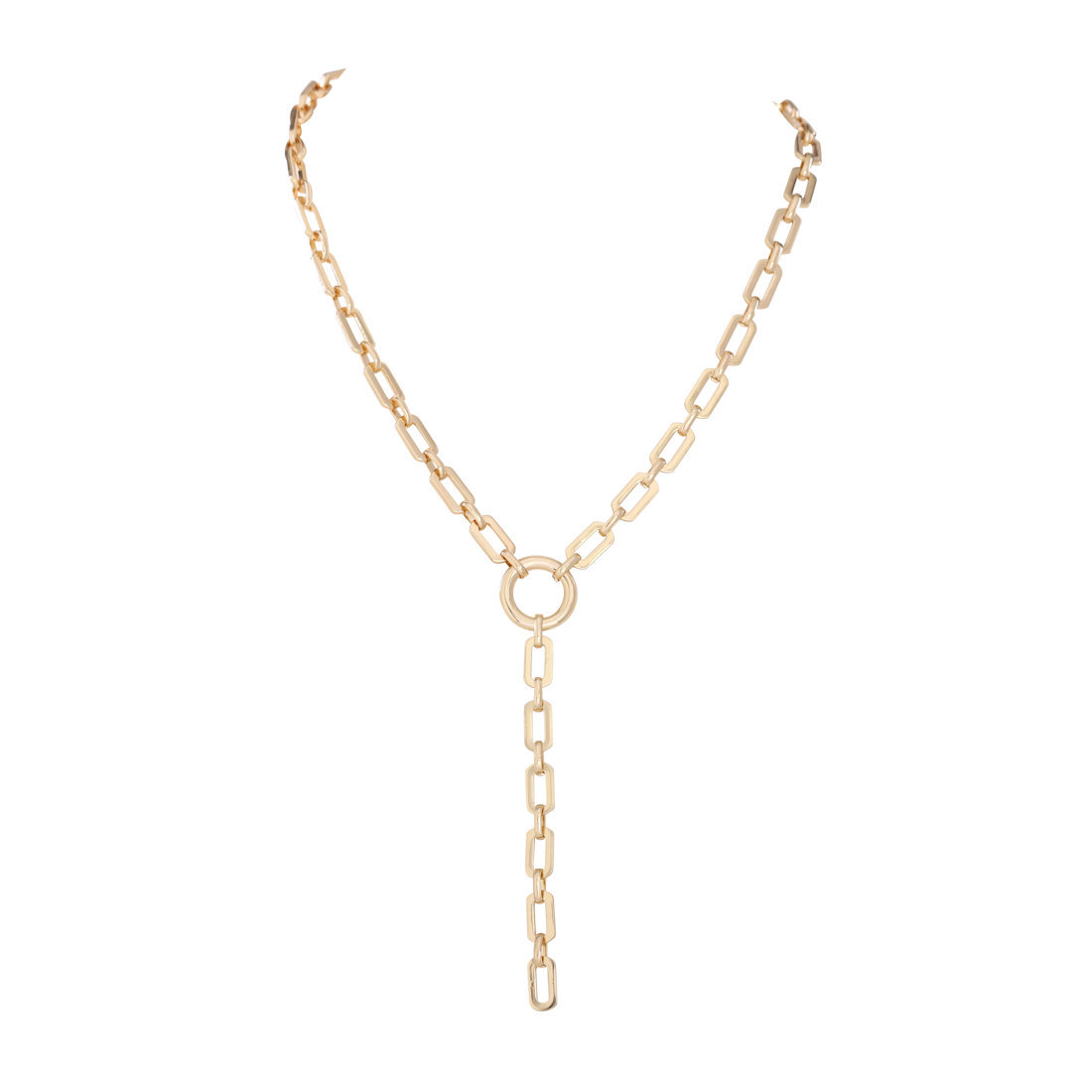
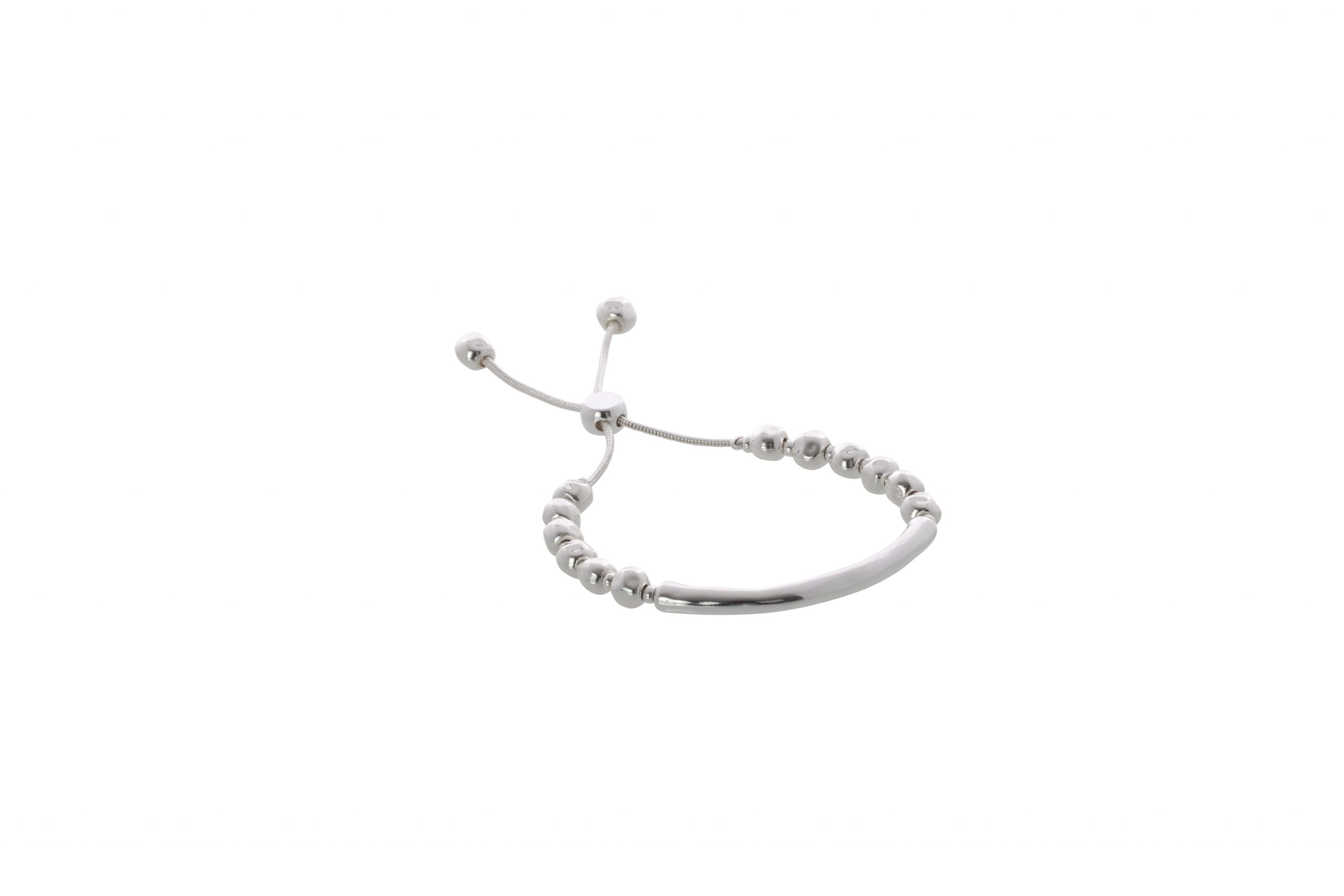
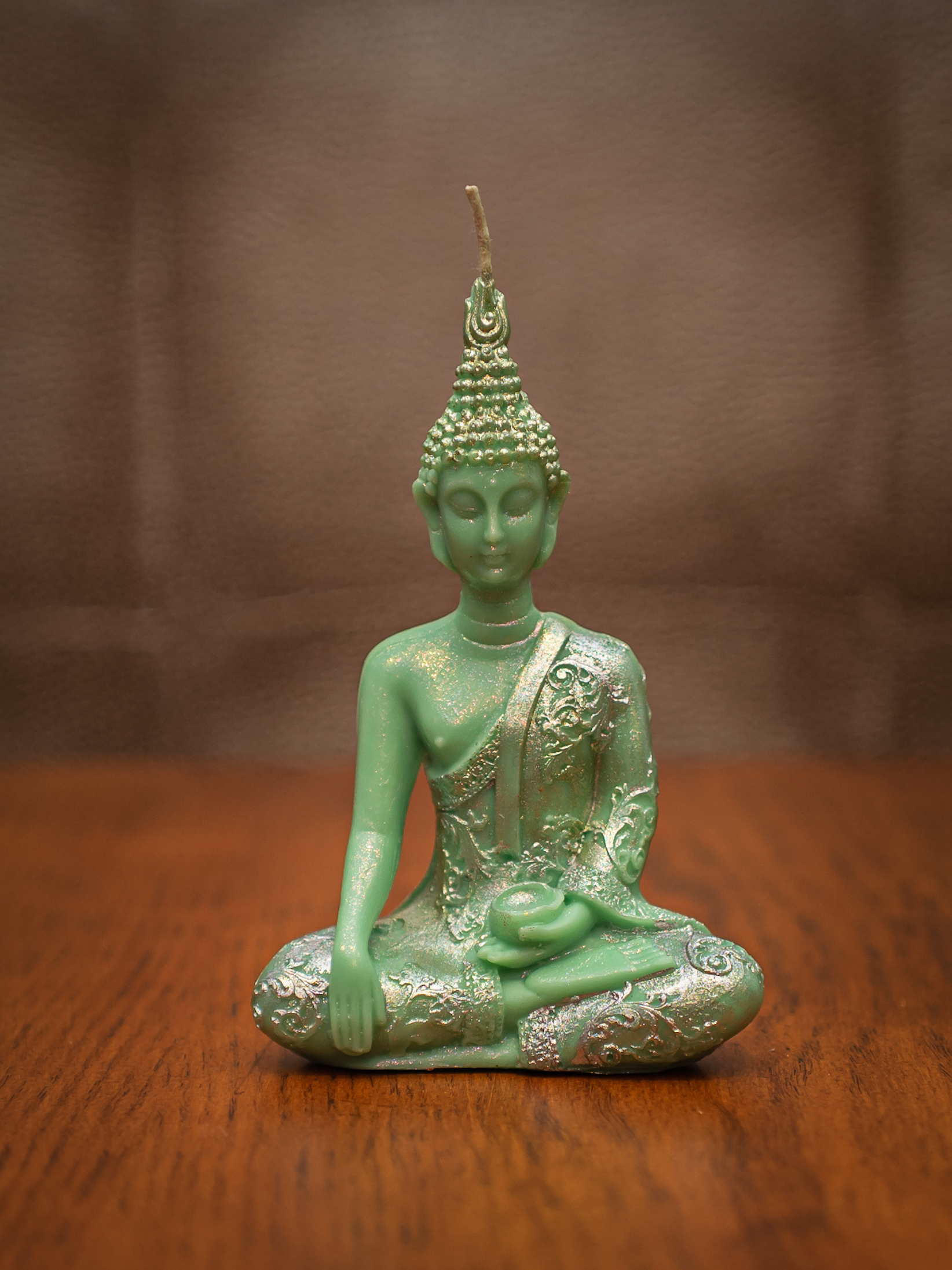



I really love the stand she took on this. I know that comedy is supposed to be cutting and irreverant, but there has to be a limit at some point.
This is a great reading, she is amazing. I can say that! Comedy is the most hard genre for me.
It is so important to stick up for what you believe in and to call people out! Well done to her.
This was such a thoughtful and well-articulated piece! I appreciate how you explored the deeper issues behind Michelle Buteau’s stance and the broader conversation on comedy, inclusivity, and toxic masculinity.
Michelle Buteau’s call for conversation about the impact of toxic masculinity and segregation is interesting. Her insight into how humor can either unite or divide is a refreshing reminder of the power comedians have in shaping societal attitudes.
I’m so glad that Michelle called out the anti-trans jokes. This is not the time or place in today’s society to be making jokes like this, especially given the harsh reality of America’s presidency at the moment.
Good on Michelle for taking a stand against Dave Chappelle! Comedy is one thing, but attacking a group of people like this is completely wrong.
Michelle Buteau’s approach to comedy—where everyone feels included not targeted—is the kind of comedy we should have. It’s not about taking away people’s right to joke but about being aware of the impact of those jokes.
This makes you think about the responsibility public figures have when using their platform. Thanks for sharing such a great and eye-opening perspective! Conversations like this are so important to make entertainment a more inclusive and respectful space for everyone.